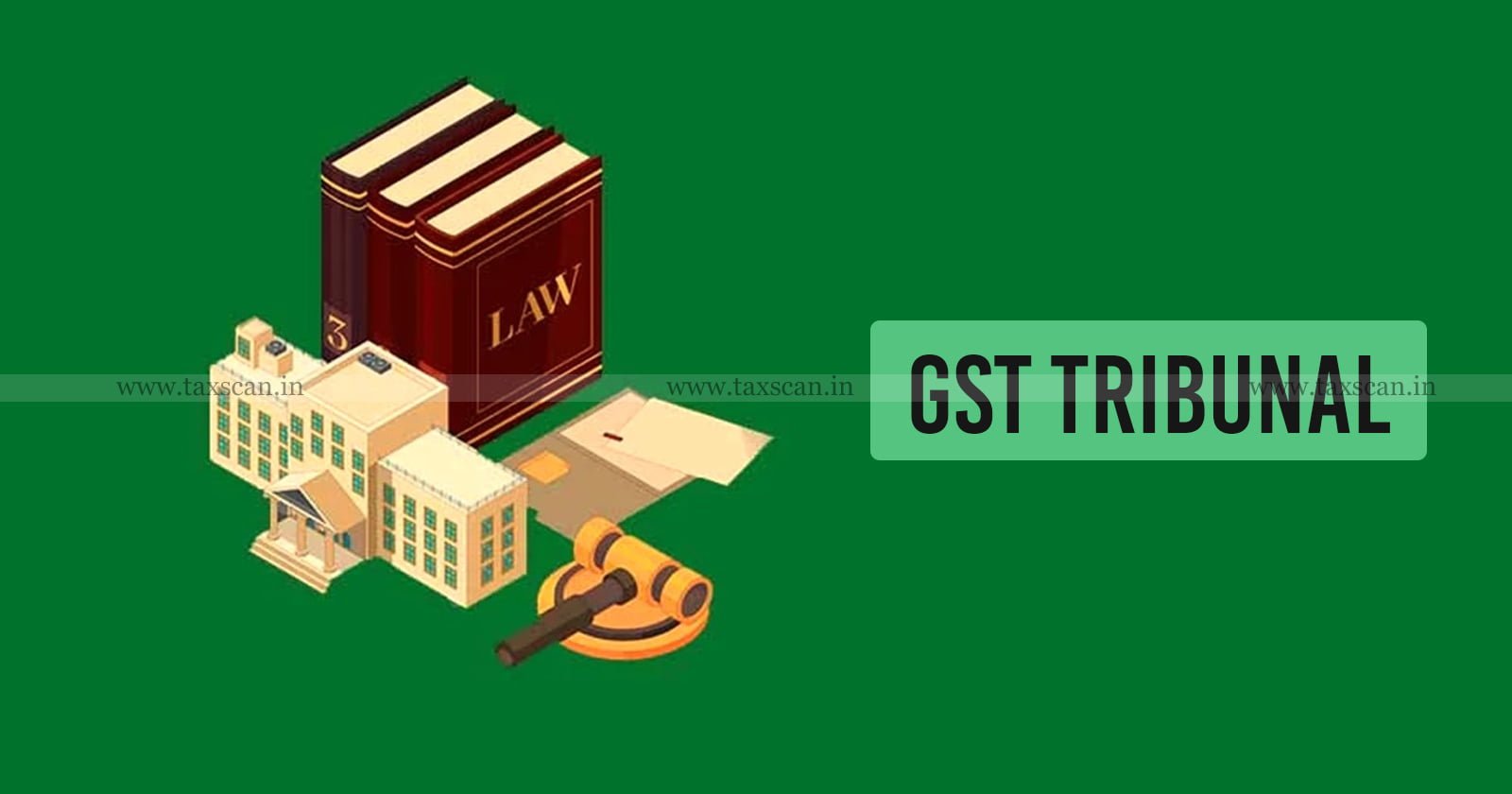Telangana HC asks response from Government in GST Tribunal Vacancy

The Telangana High Court has recently issued notice to the State Government of Telangana and the authorities responsible for its tax system, asking for an explanation as to why they have not been filling the tax tribunals with the necessary judges.
A bench led by Chief Justice Ujjal Bhuyan and Justice N Tukaramji has turned a letter written by Dr MVK Murthy, the national president of the National Association of Tax Professionals, into a PIL, invoking epistolary jurisdiction. The letter brought to attention the problems caused by a large number of vacancies in tax tribunals across the country.
According to Dr. Murthy, the Central government is responsible for establishing Goods and Services Tax (GST) tribunals in all states and a principal bench in Delhi.
Despite the implementation of the GST regime five years ago, new tribunals under the GST Act, the GSTATs have not yet been formed. In the past, tribunals were established under the VAT Act, but since GST tribunals have not been created and all related cases are being shifted to high courts, contributing to the overburdened judiciary.
The petitioner, Dr MVK Murthy, the president of the National Association of Tax Professionals (NATP) , has brought attention to the fact that even the old VAT tribunals are now becoming inactive due to the lack of filling technical and accountant member vacancies.
He urged the high court to instruct the state to fill the vacant posts in order to maintain the functionality of the VAT tribunals and ensure that the tribunal benches have the required quorum to function.
The Goods and Services Tax Appellate Tribunal (GSTAT) is the authority for hearing appeals against decisions made by the GST Council and its various committees. GSTAT is not formed yet, as it is still in the process of being set up by the Indian government. The GST Council, which is composed of state finance ministers and the Union finance minister, is responsible for making recommendations to the government on the establishment of GSTAT and its rules of procedure. Once GSTATs are established, it will serve as the backbone of the mechanism for resolving disputes and upholding the integrity of the GST system in India.
Many High Courts across the country are currently flooded with cases that are to be originally addressed in the appellate tribunal. The non-formation of Tribunals have also given rise to inconsistencies in judicial rulings. Recently, regarding the maintainability of writ petition against cancellation of GST registration, the Madras High Court had referred the matter to a Division Bench, owing to the contradicting single bench decisions.
Support our journalism by subscribing to Taxscan premium. Follow us on Telegram for quick updates


